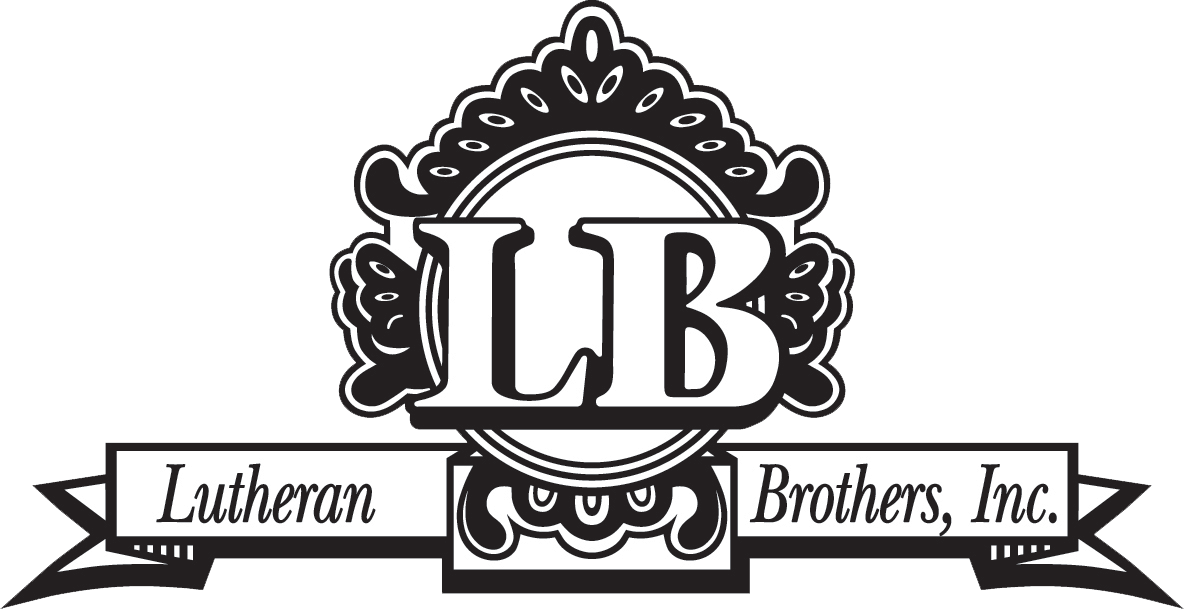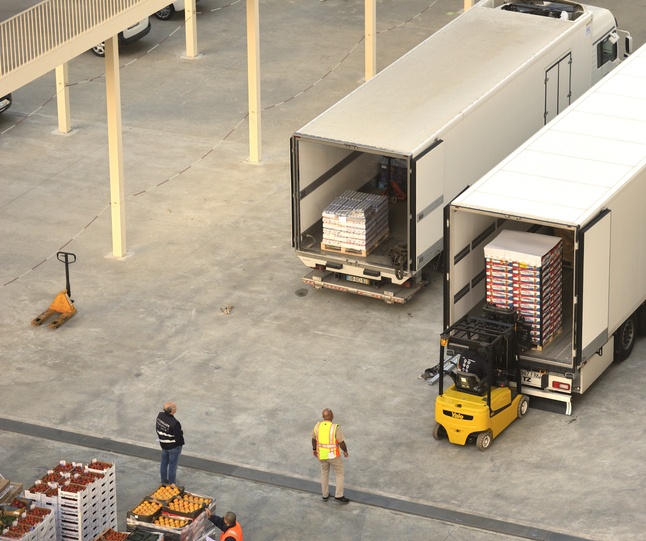The warehousing professionals from Lutheran Brothers in Michigan have more than 50 years of experience in providing warehousing and storage services. Understanding crossloading or transloading and what’s right for your warehousing needs is something Lutheran Brothers is asked about all the time.
Both transloading and crossloading can help improve supply chain efficiency because they transfer a client’s products or components into a new vehicle. The services bring pros and cons, and each depend on the requirements of the overall project and shipping and could help reduce overall costs.
What’s right for your warehousing needs: crossloading or transloading?
To determine which is best, let’s lay the groundwork for what each of these are.
Crossloading/crossdocking is the process of unloading products from an inbound vehicle or vessel and moving them to a distribution dock, where they will await loading onto an outbound vehicle or vessel.
When crossloading is used, you reduce – or eliminate – the cost of storage and warehousing time. Crossdocking/crossloading warehouses are designed for the efficient movement of products. Crossloading can save the shipper and manufacturer time and money because when a product needs to be rerouted or repacked, this method more easily consolidates loads from multiple trucks or vessels into one.
Savings are also realized when using crossloading because there is no need for short- or long-term storage because of the quick turnaround.
Drayage service lends itself to crossdocking because the containers are being moved from a vessel or railyard to another location to be unloaded. With drayage, the containers are unloaded, and the empty container is quickly moved back to the initial pick-up point – called the “dray.” Containers that are unloaded quickly and returned to their point of origin save the manufacturer/shipper detention and storage charges.
With transloading, a product is transferred from its initial form of transportation to the next vehicle or vessel that will carry it to its destination. Transloading may require more than one stop, especially if it’s international cargo, that includes unloading the freight onto pallets for transfer and reloading to the next mode of transportation. Products in the transloading process are those that require different modes of transportation and could be international cargo that requires inspection.
Crossloading vs transloading
- Transloading has a main distinction in that the product usually starts its journey on a container cargo. Most international shipments require being transloaded from initial transport via an ocean liner to air, rail or truck transport.
- Fast turnaround is the usual use for crossdocking transport. With crossdocking, the product doesn’t need to be re-palletized from its original container.
- Both methods do require effective communication to ensure the shipments are properly organized for shipping and/or storage.
Should you choose crossloading or transloading?
You need to weigh the advantages in both time and money. Another benefit of crossdocking is that the manufacturer doesn’t have to keep as much inventory on hand and will likely see reduced shipping costs. When a business needs to manufacture larger amounts of products and will only ship when needed, transloading may be the most effective option.
Ask yourself:
- What is the most cost-effective mode of transportation? Freighter, rail, air, truck?
- What is the point of origin of my product compared to where it will be shipped?
- Do you have a product with a high turnover that means you have to have a faster shipping turnaround time?
When you answer all these questions, as well as calculate your business’s budget, access to modes of shipping and more, you should be able to determine which mode fits your unique business model. If you have any questions on which might be best and about our storage facilities if you opt for transloading, our warehouse professionals are here to help.
When you’re looking for secure, easy-to-access, quality, experienced storage professionals, contact Lutheran Brothers.
If you are looking for clean, secure and economical warehouse space to lease and operate your business in with your own personnel, look no further than Lutheran Brothers in Detroit, Michigan.


Recent Comments